By: Dr Daud Abdullah*
The decision by Veolia to end its operations in Israel and the occupied Palestinian territories sends a strong signal to similar multinationals that profiteering from Israel’s occupation industry is a risky business.
It can only be a matter of time before they will also have to choose between small profits from Israel and potentially colossal global losses.
This is a victory for the effectiveness of the worldwide Boycott, Divestment and Sanctions campaign; without BDS, Veolia would still be conducting business for the benefit of the Israeli occupation authorities in Palestine.
Also Read: The Forty-Four-Days of Glory: Azerbaijan’s Struggle for Justice and Peace
Most of the charges brought against Veolia’s subsidiaries have focussed on their activities in the occupied West Bank. They include the illegal dumping of waste from Israel and its settlements in landfills in the Jordan valley as well as the operation of segregated bus routes for Jewish settlers.
There was, in addition, another more hateful side of its operations that has been under-reported, probably because it took place inside the state of Israel itself.
In keeping with the Zionist myth of “making the desert bloom”, Veolia was charged with the task of creating green spaces and improving the quality of the natural water supply in the Naqab (Negev) Desert, which comprises about 60 per cent of the area of the state. Its Environmental Foundation supported an ecological project in Dimona “to improve [the] living conditions of its inhabitants.”
While this looks impressive on paper and seems perfectly laudable, it masks the dark reality on the ground and Israel’s institutional discrimination against the Palestinian Bedouin population in the region.
Also Read: Palestine Solidarity Month: A Collective Movement for Al-Aqsa and Palestine’s Freedom
More than half of the 160,000 Bedouins in the Negev reside in 45 villages which the Israelis designate as “unrecognised”. This means that, unlike neighbouring Jewish villages and settlements, they are barred from all the public amenities and social services that would otherwise allow them to live dignified and fulfilling lives.
While Veolia pursued one of its pet projects to set up botanical gardens in schools for Jewish children, the parents of over 3,000 Bedouin children from seven schools in the Negev had to resort to legal proceedings in an attempt to force the ministry of education to connect their schools to the national electricity grid. They are still unconnected, despite a Supreme Court ruling that they should have access to electricity.
Since 2011, meanwhile, the central government has been locked in a battle to destroy the “unrecognised” villages and relocate between 40,000 and 70,000 Palestinian Bedouins from their villages and resettle them in townships. This has echoes of the hated “Group Areas Act” mass relocations of “non-whites” in Apartheid South Africa. The village of Arakib is emblematic of this campaign; it has been destroyed 70 times by the Israelis and rebuilt by the villagers on every occasion.
Faced with strong protest from locals and their determination to remain in their ancestral homes, the government has now stepped up its campaign to force their removal by using water as a weapon. Bedouins in the Negev are forced to pay more for their water than the local Jews. In November last year, the Israeli Supreme Court rejected an appeal by the human rights organisation Adalah to unify the price of water sold to the Bedouins and the residents of the Jewish municipalities. Despite their best efforts at litigation, the Bedouins are still forced to access water from water tanks provided by the Israeli Water Authority at exorbitant prices. These tanks are in all cases positioned far from the villages deliberately.
Also Read: Hassan al-Turabi: A Controversial Thinker from Sudan
After years of stonewalling, natural justice has finally caught up with Veolia. Its involvement in maintaining Israel’s apartheid system has become a threat to its global interests. With clients and partners across the world, it could no longer continue to jeopardise its other business interests by being an integral part of a system that utilises water as a tool of oppression.
With less than 10 per cent of the country’s population living in the Negev, there is no need or justification for Israel to dislocate the Bedouin population, except for the selfish Zionist desire to have more of the land with fewer of its indigenous people on it. Water is used to enforce an immoral choice upon the Bedouins: they can either leave or go thirsty. Without the economic collusion of multinationals such as Veolia, Israeli politicians would find it much more difficult to develop and maintain the apartheid infrastructure now in place in all of mandate Palestine.
There are besides Veolia other multinationals with extensive interests in Israel and the occupied territories; they too profit from the misery of the Palestinians. Like Veolia, their operations are morally indefensible. Since legal recourse in the Israeli justice system has proven to be a futile exercise the Palestinians in the occupied territories and the Bedouin in the Negev can now take heart that the global BDS campaign has come of age and is beginning to deliver tangible results. A victory for BDS is a victory for the people of Palestine.(T/R05/R03)
Also Read: Who Exactly is the RSF Group Shaking Sudan?
Mi’raj Islamic News Agency (MINA)
*Director, Middle East Monitor, MEMO, London; Contibutor of Mi’raj Islamic News Agency (MINA).
Also Read: The Two-State Solution (Palestine–Israel) in Historical Perspective





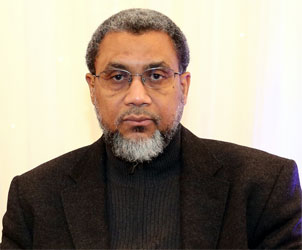



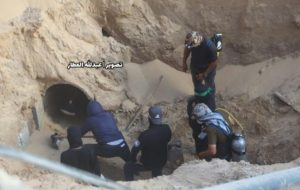
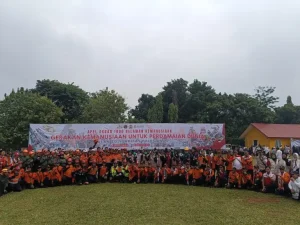


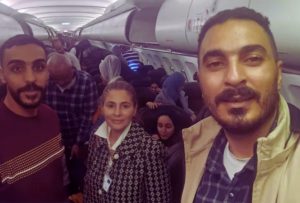

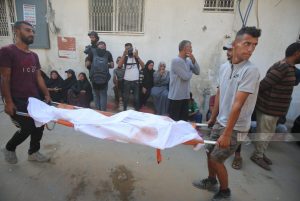
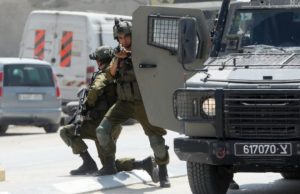
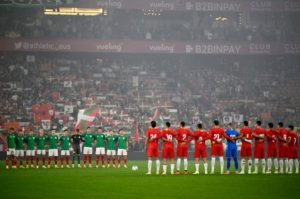








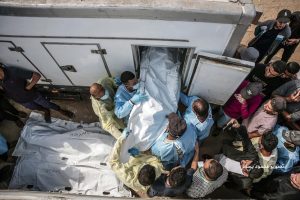

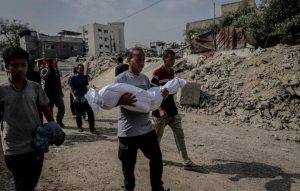



 Mina Indonesia
Mina Indonesia Mina Arabic
Mina Arabic